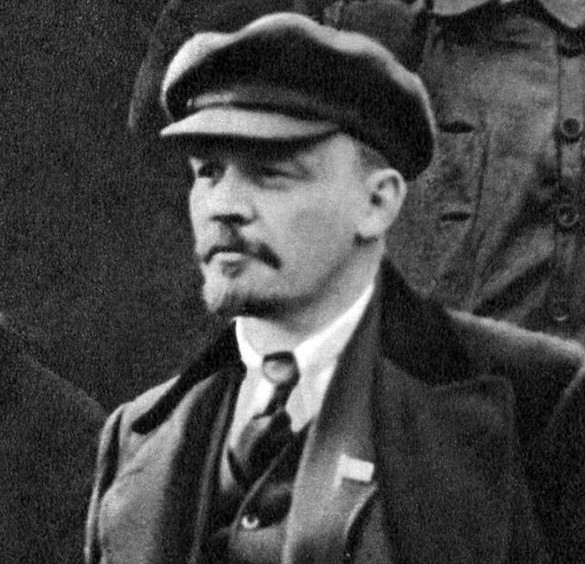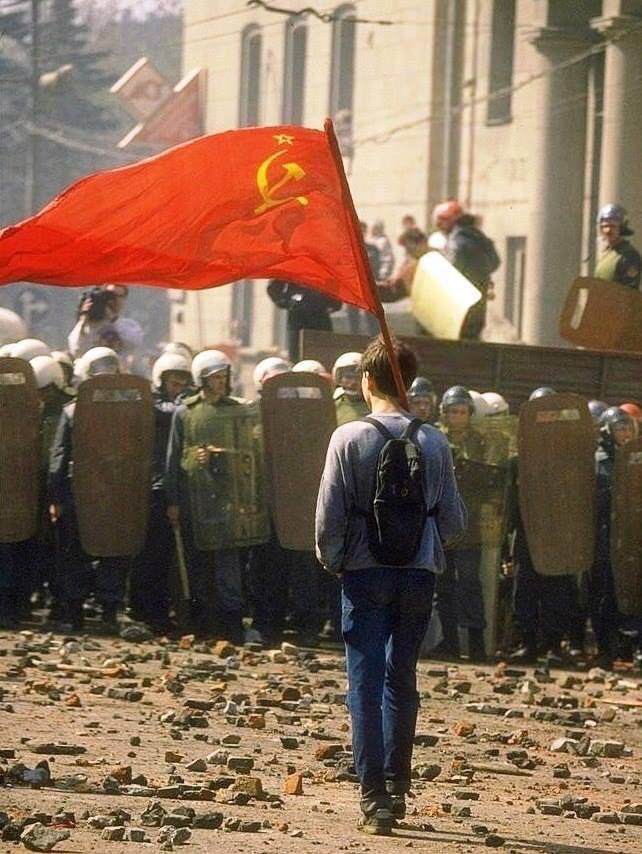I’ll admit I’m not super knowledgeable on the inner workings and operations of groups like the Bolsheviks, but before revolutions how did the professional revolutionaries necessary to lead the party, whether it be Stalin or Deng Xiaoping, get money to live? Whether organizing within the country or living in exile, they still need to eat and pay for things. What financially allows professional revolutionaries to make revolution their profession, so they can devote their time and energy fully to the cause without having to work a day job? The necessity of such a day job is what typically stops many from being able to become professional revolutionaries, as there are no doubt many Lenins and Sankaras in the world who aren’t able to change the world due to their necessity to have to work a job in order to live and survive.
How can modern organizations and parties implement structures to facilite a class of professional revolutionaries?
Lenin lived mostly from his writing to newspapers. He also given some legal advice, since he was a lawyer, though i can’t imagine it was anything significant since he mostly did that for free for workers, peasants and fellow communists who asked him. In harder times he often got help from his mother and sisters. Worth noting is he was personally very pedantic and responsible with finances, and this carried out to the time he was the leader of party and the state.
deleted by creator
It can come from various sources. The Party asks for contributions from all members, and a part of the collective funds can be directed towards supporting a few professional revolutionaries. There were other ways the Party could gather funds for that, even bank robbing like Stalin famously did. But a Party can sell stuff, organize raffles, etc., I see this as the main basis behind supporting professional revolutionaries.
Lenin had a few “gigs” to earn money. After he received his law diploma, he practiced law in Samara Regional Court for a while, but he also gave private lessons to people. He advertised this work in newspapers at the time.
In principle, a professional revolutionary doesn’t need money at all. They only need a place to live and food. Party members could have spare rooms in their houses which any professional revolutionary could stay for a while, meanwhile their food is guaranteed by any peasant, cook, etc. from the party willing to share and prepare food. You could have professional revolutionaries solely dependent on class solidarity, money doesn’t necessarily have to be a concern when your party is organized enough.
Imagine cooking a meal for Lenin or having him stay over for a night or two.
More comrades need to be down for some Stalin style fund-raising
I’m no expert on the lives of the revolutionaries, but to take an educated guess: publishing.
There’s a lot of time to think when you’re in exile, and thinkers tend to write. They almost certainly struggled, as publishing isn’t the most stable source of income, but it’s something.
Same as anyone else really. “Professional” here just means to treat it seriously, be ready to sacrifice, devote fully to the cause. This phrase never meant a career path within the bourgeois society.I was talking out of my arse! Went back and found the relevant place in Lenin’s “What is to be done”, chapter 4 part D, completely missed or forgot it:
https://www.marxists.org/archive/lenin/works/1901/witbd/iv.htm
To be fully prepared for his task, the worker-revolutionary must likewise become a professional revolutionary. Hence B-v is wrong in saying that since the worker spends eleven and a half hours in the factory, the brunt of all other revolutionary functions (apart from agitation) “must necessarily fall mainly upon the shoulders of an extremely small force of intellectuals”. But this condition does not obtain out of sheer “necessity”. It obtains because we are backward, because we do not recognise our duty to assist every capable worker to become a professional agitator, organiser, propagandist, literature distributor, etc., etc. In this respect, we waste our strength in a positively shameful manner; we lack the ability to husband that which should be tended and reared with special care. […] A worker-agitator who is at all gifted and “promising” must not be left to work eleven hours a day in a factory. We must arrange that he be maintained by the Party; that he may go underground in good time; that he change the place of his activity, if he is to enlarge his experience, widen his outlook, and be able to hold out for at least a few years in the struggle against the gendarmes. As the spontaneous rise of their movement becomes broader and deeper, the working-class masses promote from their ranks not only an increasing number of talented agitators, but also talented organisers, propagandists, and “practical workers” in the best sense of the term (of whom there are so few among our intellectuals who, for the most part, in the Russian manner, are somewhat careless and sluggish in their habits). When we have forces of specially trained worker-revolutionaries who have gone through extensive preparation (and, of course, revolutionaries “of all arms of the service”), no political police in the world will then be able to contend with them, for these forces, boundlessly devoted to the revolution, will enjoy the boundless confidence of the widest masses of the workers. We are directly to blame for doing too little to “stimulate” the workers to take this path, common to them and to the “intellectuals”, of professional revolutionary training, and for all too often dragging them back by our silly speeches about what is “accessible” to the masses of the workers, to the “average workers”, etc.
If you know how worker unions fund raise, you can understand it pretty quickly. Unions in India for example, have meetings and they accept donations and some even donate very tiny percentage of their earnings towards the union. The union leadership will decide on budget allocation.
deleted by creator







